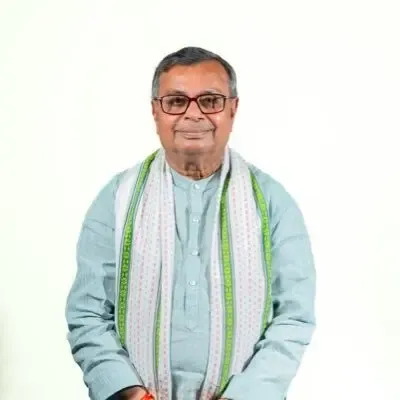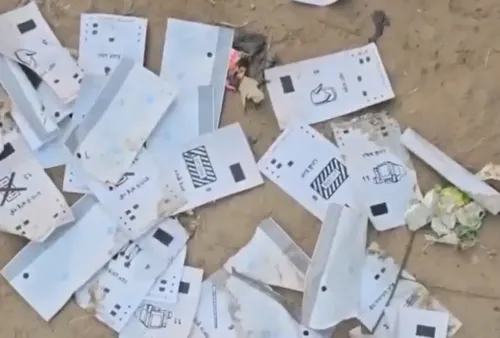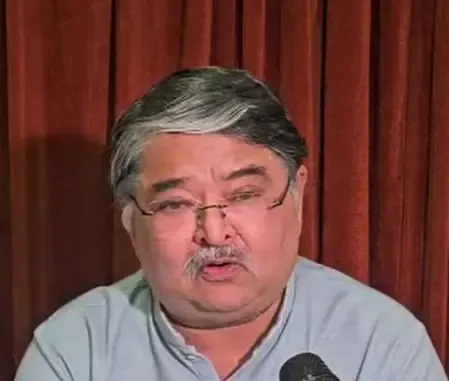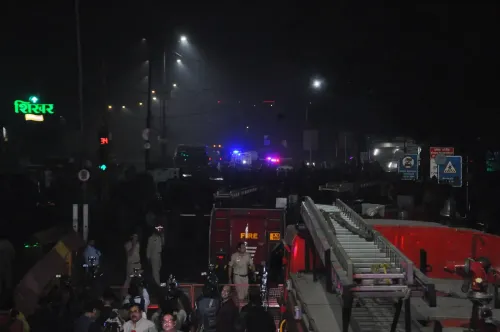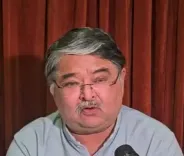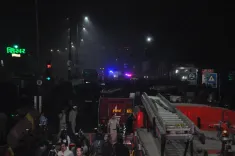How is the SIR Programme 2026 Performing in Rajasthan?
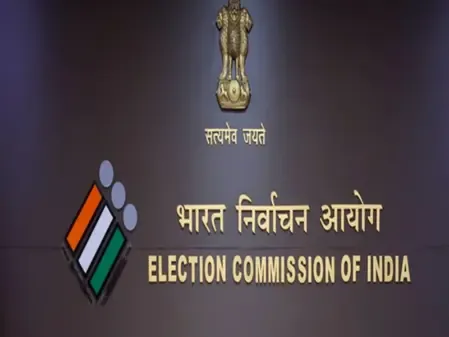
Synopsis
Key Takeaways
- Over 51% counting forms distributed within one week.
- Jhalawar district leads with 75% distribution.
- Digitization of forms is underway with 800,000 forms uploaded.
- Online form submission available for voters.
- Support for elderly and disabled voters is prioritized.
Jaipur, Nov 10 (NationPress) The Special Intensive Revision (SIR) Programme 2026 is advancing effectively across Rajasthan, with significant engagement from voters.
In the initial week since its launch, over 51% of counting forms have been disseminated at the local level.
Currently, 2.83 crore voters have received their counting forms, and efforts to distribute them to the remaining voters are ongoing.
According to Rajasthan Chief Electoral Officer (CEO) Naveen Mahajan, Jhalawar district has excelled by distributing forms to 75% of its voters within the first week.
Dholpur, Chittorgarh, and Barmer follow closely in performance, whereas Bikaner, Nagaur, Hanumangarh, and Sawai Madhopur are noted for their slower progress.
Among individual Assembly constituencies, Jhalawar leads with a 76% distribution, while Ganganagar has the lowest at 35%.
CEO Mahajan also mentioned that the digitization of completed counting forms has commenced statewide, with 800,000 forms already uploaded onto the ECINET app.
Districts such as Balotra, Salumbar, Sirohi, and Barmer are leading in this digitization process, whereas Bikaner, Didwana-Kuchaman, Jhunjhunu, and Hanumangarh are trailing.
The CEO expressed contentment with the performance of the newly formed districts and urged all District Election Officers to accelerate their digitization efforts.
An online form-filling option has also been made accessible via the official website https://voters.eci.gov.in.
Voters using the online submission do not need to complete the physical counting forms distributed by Booth Level Officers (BLOs).
CEO Mahajan has directed all District Election Officers to promote awareness of this process through electoral literacy clubs, volunteers, and professional associations in colleges.
To facilitate a smooth and inclusive implementation, the Election Commission has deployed government officials, NCC cadets, NSS members, and volunteers to assist elderly, differently-abled, and unwell voters.
Currently, 5,407 supervisors are stationed at 52,222 booths, supported by 973 Assistant Electoral Registration Officers (including 119 newly notified officers by the Election Commission of India), 199 Electoral Registration Officers, 41 Deputy District Election Officers, 10 Additional District Election Officers, and 41 District Election Officers.
Moreover, over 100,000 Booth Level Agents (BLAs) appointed by various political parties are actively participating in the success of the Special Intensive Revision process, ensuring the timely completion of this critical task.

